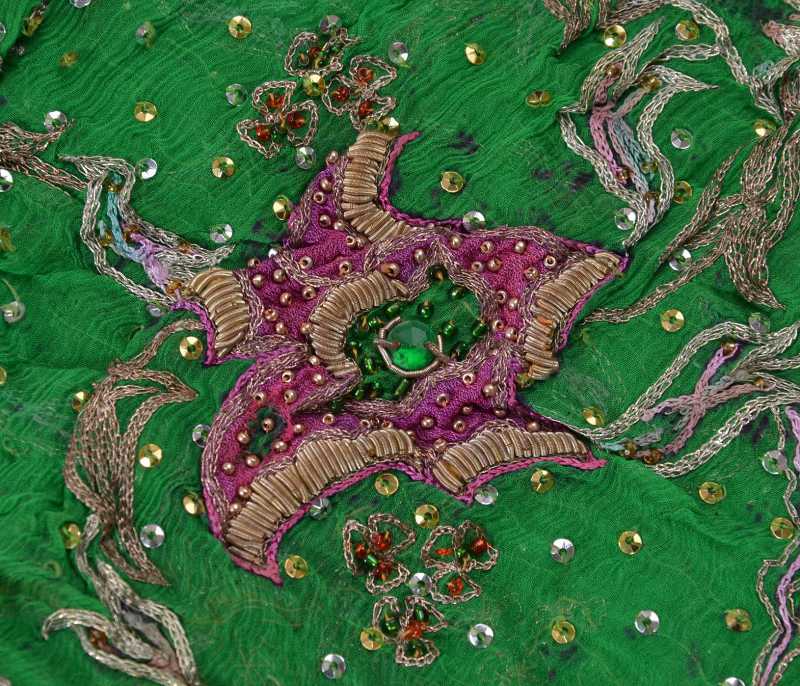===
0813,
4
===

=== |
 |
zaar-o-nizaar : 'Thin, lean, emaciated; weak, feeble'. (Platts p.614)
turk : ''A Turk'; ... a barbarian; a plunderer; a vagabond'. (Platts p.319)
FWP:
SETS == BHI; EXCLAMATION
MOTIFS
NAMES == HUNTER; TURK
TERMSI know, I know-- 'go for' isn't really the same idiom as par jaa in this sense. But I do think it conveys something of the same feeling. 'Base your decision on, pay attention to, prioritize' might all be better in a formal way, but they would lack the colloquial vigor so central to the verse.
The verse also takes advantage of the subtlety of bhii . If it's taken to mean 'also', then the 'professional hunter' is perhaps being enjoined to act professionally toward a large class of creatures: 'You hunt down all sorts of prey, it's proper for you to include me too as one more among them'. If it's taken to mean 'even', then there's a desperate plea for uniqueness: 'Although I'm so wretched and weak, make an exception and hunt down even me, in view of my eagerness and ardor!'. Hardly any reader or hearer would stop to consciously tease out such nuances, but don't they create a kind of penumbra of enriched meaning that we sense in the verse?